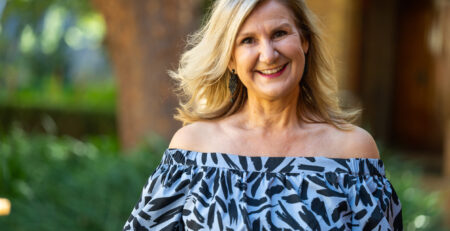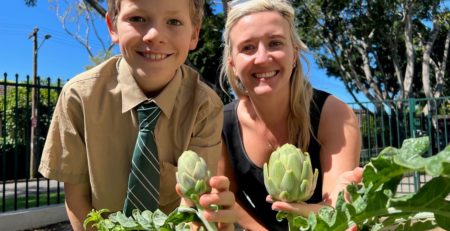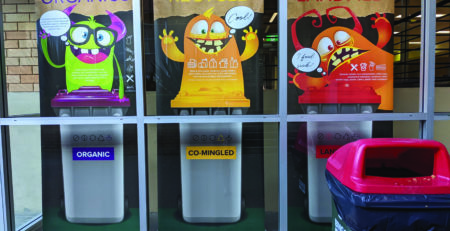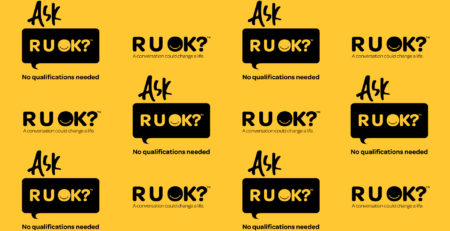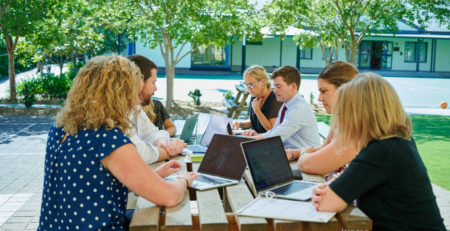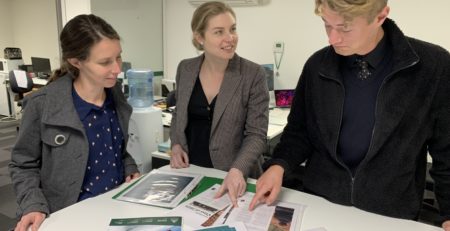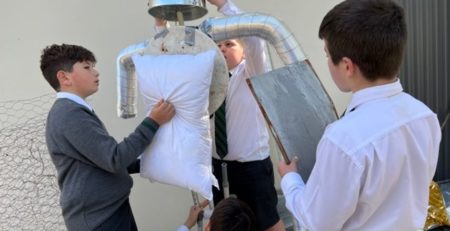Acting on Trinity Voice Surveys: the team driving sustainability
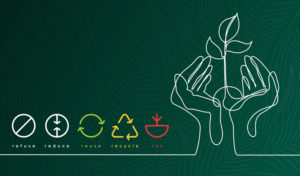
Trinity has some big goals when it comes to pursuing sustainability and environmental awareness throughout the School community. A team has come together to make sure these goals remain a priority and are embraced in every corner of the School.
Each year, the staff at Trinity have their opinions heard in the ‘Trinity Voice Staff Survey’. The questionnaire explores many different topics related to working at Trinity and the answers allow for informed decision-making as the School moves toward the future. This survey has been instrumental in the formation of a new committee, driving sustainable decisions throughout the School.
Key findings from the survey showed that many staff do not perceive Trinity to have a sustainability program and that there is a lack of knowledge and awareness surrounding resource usage and the sustainability initiatives currently in place. However, the survey also found that Trinity staff do have a high perception of their own, personal responsibility when it comes to changing their work practices to reduce their own impact on the environment.
In response to these findings, the Trinity Environmental and Sustainability Committee formed. Heading up the committee, Mr Stephen Heanly believes that the formation of this group marked a special moment in the School’s commitment to sustainability.
“Sustainable approaches have always been a part of the School,” Mr Heanly explained. “Some staff are really passionate about it. Now we are looking forward to building momentum, with a specific group that will create initiatives, track and monitor the results, and then evaluate and modify accordingly.
“We could have found a sustainability committee blueprint easily, copying for our own use, but what’s great about this committee is that it has come about naturally, informed by what we really need at our School. It’s come from the roots of the staff and that gives it authenticity. It’s also a voluntary committee – everyone’s here for the right reasons. All staff were invited to be a part of the committee – Trinity has a broad variety of staff from a range of different faculties in the School and the committee reflects that.”
Once the committee had come together, they asked the staff another question:
‘What would Trinity need to be doing for you to feel as though the School was environmentally responsible?’
The responses gave the team practical ideas to work with, from committing to better packaging in the cafeteria to increasing awareness of sustainable choices in the School community. The committee used these responses to create focused sub-committees:
- Waste and recycling
- Resource usage
- Sustainable packaging
- Teaching and learning
Two of Trinity’s Marketing and Communications team’s Graphic Designers are on the committee – Ms Katrina Naess is on the ‘waste and recycling’ team while Ms Janine Wassens is on the ‘resource usage’ team. They are both excited about the opportunity this committee has to shape the future of the School.
“The committee has given us a voice,” Ms Naess says. “Now we can direct conversations about the choices being made, have the opportunity to discuss what works, and whether what we’re doing is really the best way or whether we can try something else.”
There’s a question, too, about how much of the responsibility should be placed on individuals – academic, support staff, students – and how much of it should belong to organisational leadership. Ms Wassens believes it’s a symbiotic relationship.
“Individual responsibility is important, but the organisational structure needs to be there to make taking up that responsibility easier. In reality, when we’re all doing our part, it benefits the organisation as a whole. It’s all about making the right decisions at the higher level and disseminating the information down so that everyone knows the role they play – then it’s just a matter of watching the momentum and impact grow from there.
“We’re in a position to drive change in the community and acknowledging this power is the first step to making that change happen.”
It can be tricky to create change and introduce new ways of doing things. Ms Naess believes it’s a case of old habits dying hard.
“The School has a 100+ year history, changing the way we operate could be seen as losing some of that history, but I don’t think that’s true. The things we do are still special, still historically significant, but they’re just a little more sustainable and environmentally conscious.”
Mr Heanly says it’s all about taking it one step at a time and not taking up causes that might be a flash in the pan but doing things that will really last.
“This new committee has weight, it has the capacity to make change. We’ll meet once a term and see how things can be improved, because there are always things we can do better. We take this approach with our students – instilling a mindset of growth as they learn. We want to continually grow too.”
Want to know more about sustainability at Trinity? Read the full feature in the December 2021 issue of Trinity News.


